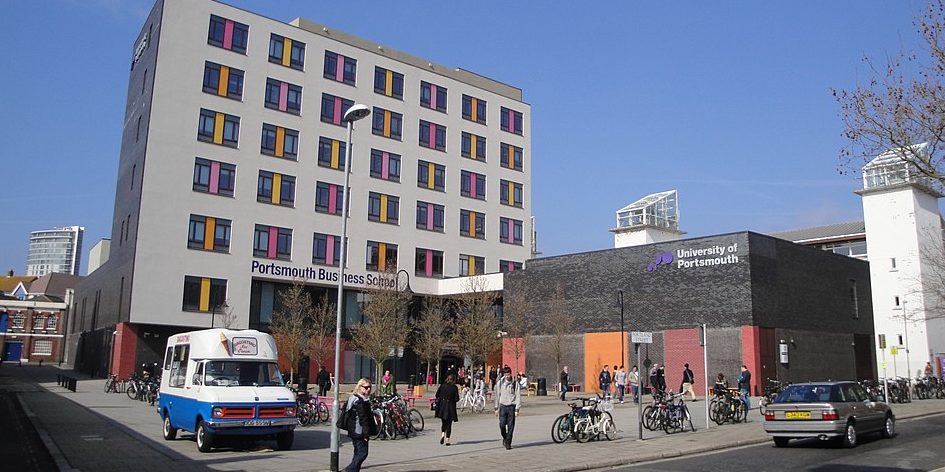Universities luring students with cash ‘bribes’ worth thousands
Universities have been luring students to accept university offers by using cash ‘bribes’ worth thousands of pounds.
A quarter of universities in the UK were found to be using incentives or perks to encourage prospective students to accept places.
The perks included free laptops and large cash payments, with the University of Hull giving students £1,200 for achieving BBC in their A-levels.
A Freedom of Information (FoI) request to 133 UK higher education institutions found 35 had either used an incentive in 2019 or planned to in 2020, according to the i newspaper.
The decision is often linked to achieving certain grades at A-level or putting the university as a firm choice on UCAS.
For example, the University of Derby gave students £1,000 if they put the university as their firm choice and achieved BBB in their exams.
Similarly, the University of Portsmouth provided £1,000 with unconditional offers if a student met or exceeded their predicted grades, with 376 students receiving such payments in 2019.
Stirling University provided £1,000 to all students in England, Wales and Northern Ireland who meet the terms of their offer, while the University of Northampton offered every student a free laptop.
Conditional unconditional offers, where a university offer becomes unconditional if it is chosen as a firm choice, have been banned until September 2021.
However, universities are still allowed to lower grade requirements for students who put the university as their firm choice.
Concerns have been raised over the incentives distorting student choices, with individuals questioning the use of university funds – provided by the taxpayer – that put pressure on young people.
[It is] unacceptable to recruit students onto courses through attractive offers or incentives simply to fill spaces
– Department for Education spokesperson
The Office for Students (OfS) in February said they would look into “the use of inappropriate marketing or incentives offered to students at a time when they might be especially vulnerable”.
Tom Richmond, director of the Education and Skills (EDSK) think-tank, said universities should focus on “improving the quality and value of their courses” instead of bribing students with incentives “even when applicants have not demonstrated any special talent”, according to the i.
Mr Richmond also stated that it is “completely inappropriate” for universities to pressurise students in this way, with “major reforms” necessary to ensure the “admissions system worked in the interests of students, not universities”.
The vulnerability of students has also been raised with regards to university offers because of how “young and inexperienced” students are during the UCAS process, according to Nick Hillman, the Director of the Higher Education Policy Institute.
June Hughes, Secretary and Registrar of the University of Derby, said “we will continue to review our offer making procedures” and always focus on the “best interests of prospective students and other stakeholders”.
The Department for Education (DfE), however, expressed their severe opposition to bribery practices.
A DfE spokesperson stated that it is “unacceptable to recruit students onto courses through attractive offers or incentives simply to fill spaces” without considering the best interests of students.
The spokesperson also remarked that “strong action” had been taken to prevent increased competition by “introducing student number controls for the next academic year, to stabilise the sector and protect students during the coronavirus outbreak”.

Comments